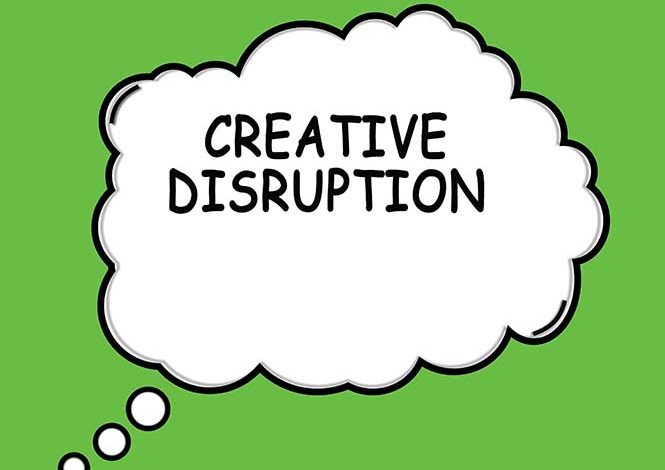Two-thirds of global chief marketing officers (CMOs) believe that the single greatest business challenge they currently face in their bid to build brand loyalty is industry convergence – a new IBM study reveals – as disruptive technologies break down barriers to entry that once existed between formerly distinct industries.
As a result, 63 per cent of CMOs are prioritising investment around delivering deeper, more relevant customer experiences this year.
These are the results of a new Institute for Business Value study by the IBM: Redefining Markets. Harriet Green, general manager, IBM Commerce, said: “Large scale industry disruption caused by IoT, cloud and mobile technologies is forcing CMOs to reinvent how they interact with customers.
“We are working directly with the world’s leading CMOs to help them seize the opportunities in cognitive commerce so they can rethink every aspect of their strategy, design and operations to enhance their customer experiences.”
Priorities to build brand loyalty:
The report surveyed 723 CMOs across the globe – including North America, Central and South America, Western Europe, Central and Eastern Europe, Middle East, Africa, Asia Pacific and Japan (click here to obtain the full report) – in 18 different industries. Surveyed CMOs identified the following four top priorities in 2016:
Enrich the Arc of Engagement: CMOs consider creating better customer experiences their top priority. Three-quarters of leading CMOs are using more event and experiential marketing than market followers.
Embrace ‘Creative Destruction’: 67 per cent of CMOs are assessing their strategic direction in the light of technology disruption. CMOs from leading organisations are more likely to embrace the ‘creative destruction’ and build more open and collaborative business models to effectively drive innovation.
Inject Data-Driven Insights into Every Marketing Decision: Although CMOs have made great strides in data analytics, 60 per cent of CMOs prepare to bring in more data driven insights into marketing campaigns in the next three to five years.
Increase their Digital Acumen: 79 per cent of CMOs plan to hire employees with digital skills to improve their marketing function’s digital literacy. Most are looking for resources outside their own businesses — three-quarters plan to either partner with other enterprises to tap into their digital expertise or work with consulting firms.
As chief customer officer, ING Bank, Lisa Claes commented: “Industry competition is heating up and businesses must sharpen their focus on the customer or risk losing them to the competition.
“By embracing the latest analytic and cognitive commerce technologies, marketers can tap into this explosion of data to deliver a personalised customer experience precisely at the right time and place.”
As part of this study, IBM identified two distinct subgroups of CMOs: Torchbearers (those who come from enterprises with strong financial track records and equally strong reputations, as reported by their CMOs), and Market Followers (those who come from businesses that are less successful financially and have lower market profiles). Differences between these two groups were distinct:
- Torchbearer CMOs feel they have made far greater progress when it comes to managing the data explosion — 47% versus 27% of Market Followers.
- Torchbearer CMOs are more focused on mapping out the customer journey — 82%, compared to 65% of Market Follower CMOs.
- Torchbearer CMOs are more likely to experiment with more open and collaborative business models that let them extend their reach and range to produce more value collectively.







Leave your thoughts